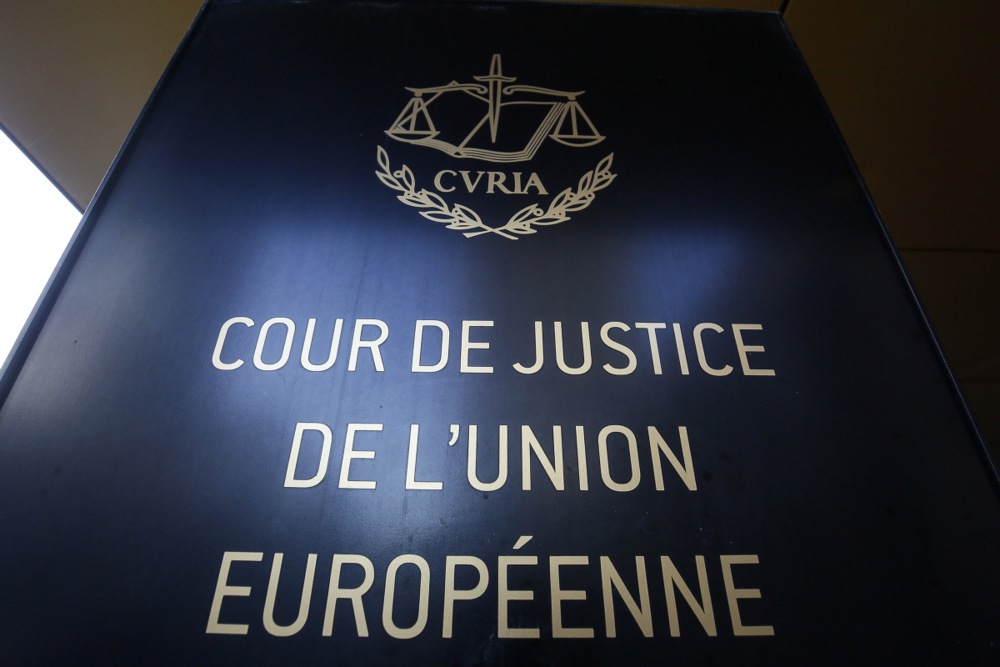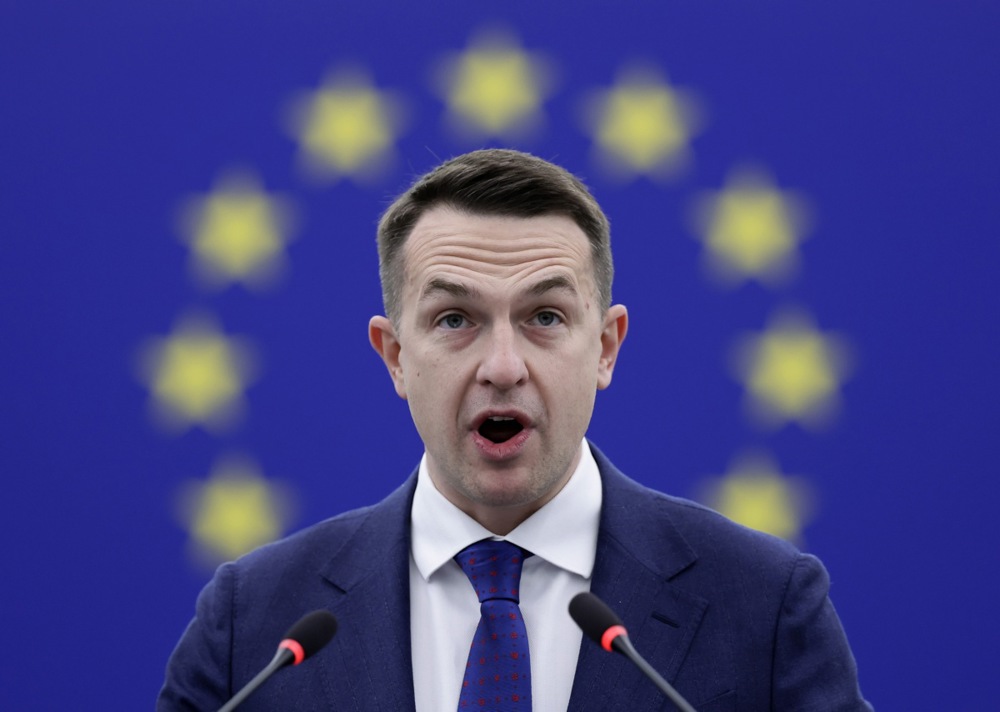Poland must register same-sex marriages between citizens of European Union member states, according to the Advocate General of the European Court of Justice’s (ECJ).
That was despite the fact that Poland’s Constitution defined marriage as a union between a man and a woman.
On April 3, Jean Richard de la Tour, Advocate General at the ECJ issued his opinion in a case involving two Polish men, one of whom is also a German citizen, who married in Berlin in 2018 and then requested that their marriage be entered into Poland’s civil registry but were refused.
That was refused because same same-sex marriage was not recognised under Polish law as the Constitution defined marriage as being exclusively a union between men and women.
The individuals concerned appealed on the grounds that they intended to live and travel in Poland and wanted their marriage to be recognised by law.
Poland’s Supreme Administrative Court, the court handling the case, then asked the ECJ whether European Union law allowed a member state to deny recognition and registration of same-sex marriages entered into in another country.
In his legal opinion, de la Tour acknowledged that matters of family law, including marriage, remained the responsibility of individual EU member states.
He also argued that national laws must comply with broader EU principle protected under the bloc’s Charter of Fundamental Rights, such as the freedom of movement and residence and the right to private and family life.
According to de la Tour, a member state that failed to recognise same-sex marriage risked undermining those rights and therefore it was obliged to at least provide mechanisms to ensure that the legal effects of marriages involving joint property, taxation and inheritance were noted and respected.
He said EU states did not have to transcribe foreign same-sex marriages into their civil registries but only as long as “they offer alternative legal means for couples to confirm their marital status”.
Since Polish law has not envisaged such alternative legal means, de la Tour concluded that it was required to register the marriage in its civil records.
While not legally binding, opinions from Advocates General are influential and have often guided a court’s final ruling.
Poland has not legally recognised same-sex marriages or civil unions, although a 2012 ruling by its Supreme Court granted limited rights to same-sex couples with regard to shared housing.
There was some legislation that protects the rights of cohabiting partners and same-sex spouses of EU citizens under an ECJ ruling of 2018.
Rafał Dorosiński from the Conservative legal think-tank Ordo Iuris said: “From an EU legal perspective, the Advocate General’s opinion is an unfounded attempt to usurp power — potentially leading to a CJEU [Court of Justice of the European Union] ruling that would force Poland to transcribe foreign same-sex marriage certificates.”
According to Ordo Iuris, Poland’s regulations on residency did not impose any obstacles for nationals of other EU countries based on marriage legislation. That was because the law on aliens provided a legal basis for issuing residence permits, including those in informal relationships with Polish citizens.
De La Tour’s interpretation, argued Ordo Iuris, was a selective reading of the Charter of Fundamental EU rights which actually states that “the right to marry and the right to found a family shall be guaranteed in accordance with the national laws governing the exercise of those rights”.
It also referred to the Treaty on the Functioning of the EU, which exempted family law from the “ordinary EU legislative procedure”, meaning member states had a right of veto, Ordo Iuris said.





